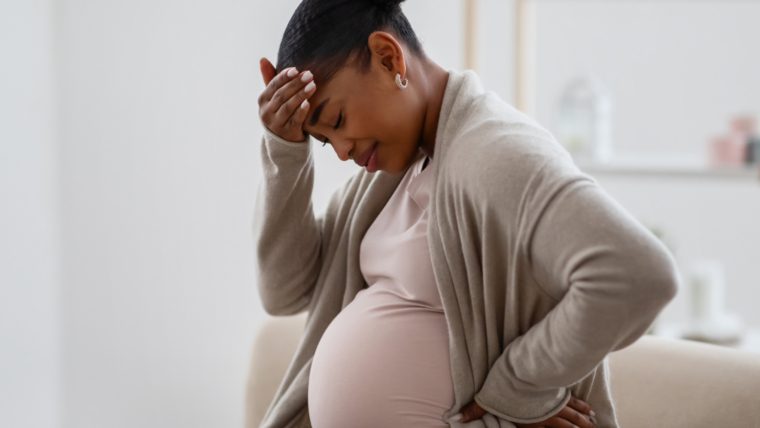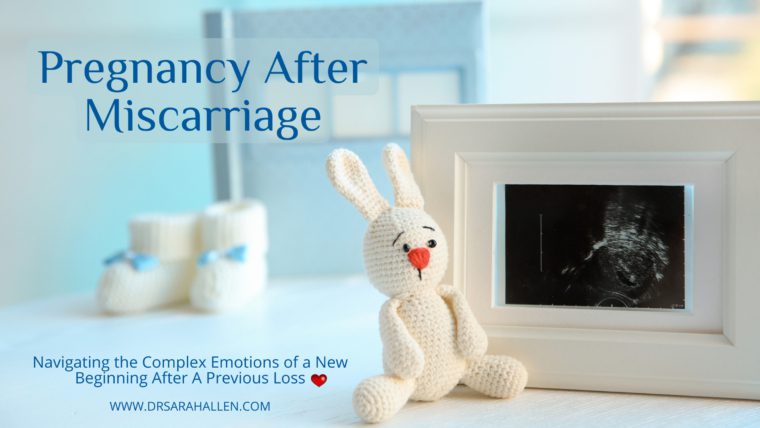Pregnancy is a time of great change and expectation. It’s natural to have worries and fears as you prepare to welcome a new life into the world. Many expectant moms wonder if their concerns are typical or if they might be experiencing something more serious like pregnancy anxiety.
Knowing the difference between normal pregnancy fears and anxiety is important for your well-being. Typical fears might include concerns about the baby’s health, the birth process, or how life will change once the baby arrives. These worries are common and usually manageable.
However, sometimes these worries can grow and feel overwhelming. When fears turn into intense anxiety that disrupts your daily life, it may be a sign of pregnancy anxiety. Understanding what to look for helps you know when to seek support.
In this article, we will explore the key differences between normal pregnancy fears and pregnancy anxiety. We will also discuss the signs of anxiety and when it’s time to seek help from a healthcare provider. Recognizing these signs can help you take steps toward enjoying a healthier, more relaxed pregnancy.
Understanding Typical Pregnancy Fears
Pregnancy brings about many changes, both physical and emotional. It’s normal to have fears during this time. Common fears include worries about the baby’s health. Many moms-to-be often wonder if their baby is growing correctly and if they will be born healthy. This concern is natural as they want the best for their child.
Another typical fear is about the birth process itself. Some may worry about the pain of childbirth, the possibility of complications, or the need for medical interventions like a cesarean section. These fears are common as childbirth is a major event that involves many unknowns.
Additionally, it’s normal to feel anxious about how life will change after the baby arrives. Concerns about managing parenting responsibilities, balancing work and home life, and changes in the relationship with a partner can be overwhelming. These fears stem from the desire to do everything correctly and provide a good environment for the newborn.
Recognizing Signs of Pregnancy Anxiety
While typical pregnancy fears come and go, pregnancy anxiety is more intense and persistent. It can interfere with daily life and well-being. Recognizing the signs of anxiety can help you understand when to seek support. Here are some symptoms of pregnancy anxiety:
1. Constant Worrying: Feeling anxious most days, not just occasionally.
2. Physical Symptoms: Experiencing headaches, rapid heartbeat, or feeling dizzy frequently.
3. Sleep Issues: Having trouble falling asleep, staying asleep, or getting restful sleep because of worry.
4. Restlessness: Feeling on edge, restless, or unable to relax even during calm activities.
5. Irritability: Becoming easily annoyed or angry over small issues.
6. Avoidance: Avoiding activities, places, or even thoughts that trigger anxiety about the pregnancy.
Recognizing these signs can help differentiate between normal fears and serious anxiety. If these symptoms persist and start to affect your quality of life, it may be time to reach out for professional help.
Differences Between Anxiety and Normal Fears
Differentiating between normal pregnancy fears and anxiety is important for mental health. Normal fears are common and can usually be managed with reassurance and self-care. For instance, being concerned about labor and delivery is a common fear. You might talk to your doctor to understand what to expect, which helps ease these fears.
On the other hand, anxiety goes beyond these occasional worries. If you find yourself obsessively thinking about potential problems, it may indicate anxiety. Persistent thoughts of harm coming to your baby or over-planning every detail of your pregnancy and childbirth are signs of anxiety.
Another key difference is that normal fears rarely disrupt your daily life. You might have a fleeting worry but then go about your day. With anxiety, the worry is constant, making it hard to focus on other activities. It may also come with physical symptoms like nausea, trembling, or shortness of breath.
When to Seek Professional Help
Understanding when to seek professional help is crucial. If your anxiety affects your quality of life, it’s time to consult a healthcare provider. Here are some signs that indicate you should seek help:
1. Persistent Anxiety: If feelings of anxiety last for days or weeks without relief.
2. Interfering with Daily Activities: When anxiety keeps you from performing everyday tasks or enjoying life.
3. Physical Symptoms: Experiencing frequent headaches, stomach pains, or other physical symptoms linked to anxiety.
4. Insomnia: Ongoing trouble with sleeping despite feeling tired.
5. Emotional Overshadowing: When persistent worry overshadows the joy and excitement of pregnancy.
Consulting with a healthcare provider, such as an obstetrician or mental health specialist, can provide the support and treatment you need. They might suggest counseling, lifestyle changes, or medication if necessary. Taking the first step to seek help can lead to relief and a healthier pregnancy.
Conclusion
Understanding the difference between typical pregnancy fears and pregnancy anxiety is essential for maintaining your well-being. Recognizing the signs of anxiety and knowing when to seek professional help can make a significant difference in your experience. Addressing anxiety early can lead to better outcomes for both you and your baby.
Pregnancy is a special time, but it can also be overwhelming. Balancing the joy with the challenges is key to navigating this period healthily. By taking proactive steps, you can manage your fears and anxieties effectively.
If you or someone you know is struggling with pregnancy anxiety, the Postpartum Depression Alliance of Illinois is here to help. We offer support to parents during pregnancy as well as postpartum. Visit our website to learn more and get the support you need.
To read more on this topic visit the article below where our PPD IL Alliance Director, Dr. Sarah Allen, was interviewed on how to tell if you are experiencing pregnancy anxiety or normal new parent fears.




